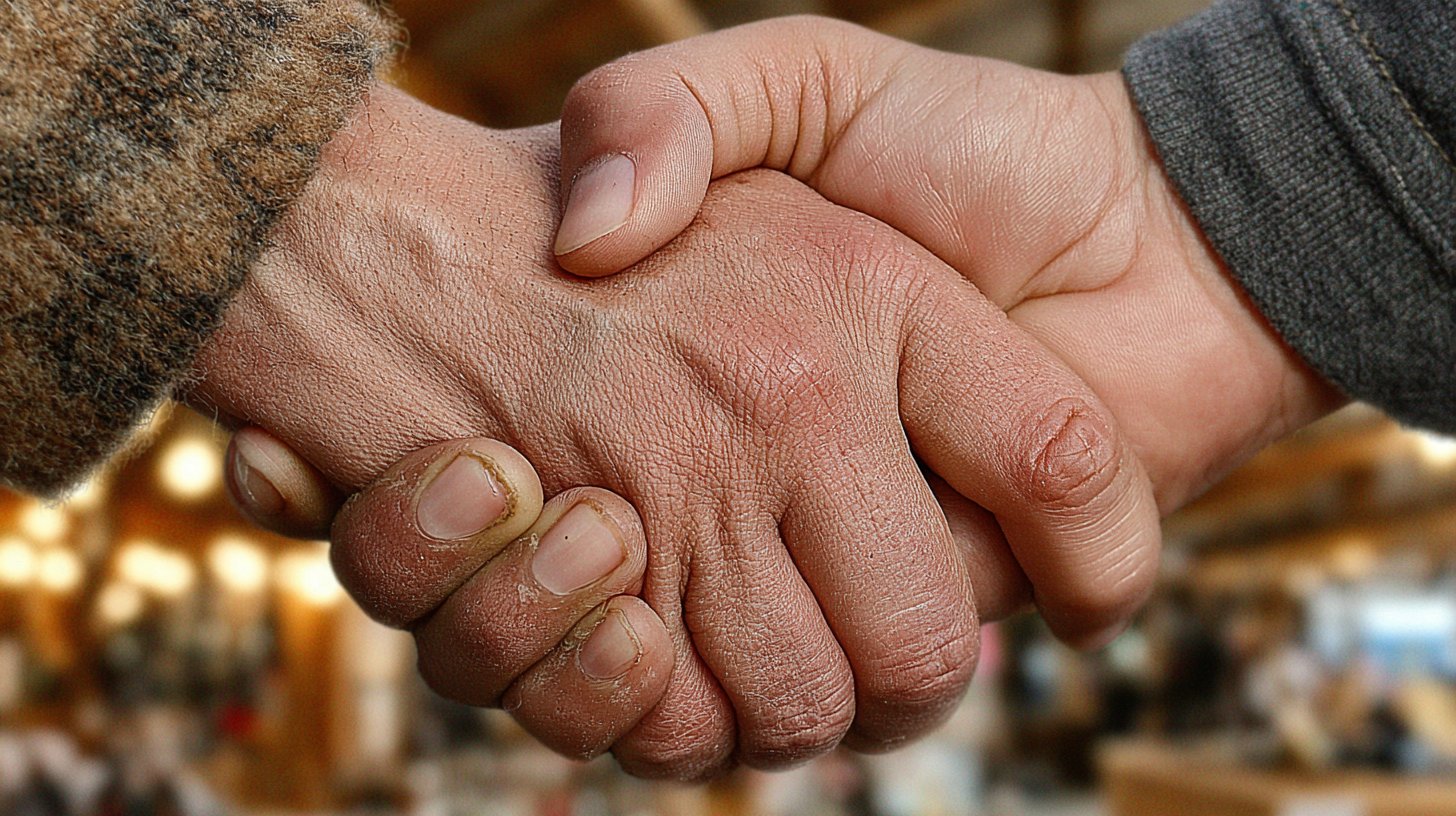Why You Keep Visiting Your Favorite Store

Shopping psychology, brand loyalty, and customer behavior are crucial aspects that shape our purchasing decisions. If you've ever thought about why you return to certain stores time and again, then this article is just right for you. Here you will learn about the psychological mechanisms behind your loyalty to brands and stores and how you can use these insights for your own decisions.
Each of us has a preference for certain brands or stores, and that's perfectly normal. But what really lies behind it? Why do we keep returning to the same bakery or online shop? The answer is deeply rooted in the psychology of shopping. Humans are, by nature, creatures of habit. We seek safety, familiarity, and comfortable experiences. Brands that convey this feeling can win and nurture our loyalty.
Building Trust
One of the most important foundations of brand loyalty is trust. When you have positive experiences with a brand, it stays in your memory. You trust that the product or service will once again provide you with the desired value. Whether it's about the quality of products, customer service, or availability – a positive shopping experience builds trust and motivates you to return again and again. Especially in a time when choices are nearly infinite, a brand that keeps its promises stands out and easily becomes a favorite.

Additionally, the emotional connection plays a significant role. Brands that manage to build an emotional bond with their customers particularly stand out. This can happen through emotional advertising that evokes positive associations or through stories that convey the brand's values. If you identify with a brand or feel a personal connection to it, you are more likely to support it in the future. This emotional component can be almost decisive in whether you stay with a brand or switch to another.
The Power of Habit
Another important aspect is the power of habit. When you regularly visit a certain store or use a specific product, it quickly becomes a habit. Habits are hard to break, and often the purchasing process happens unconsciously. This means that you don't think about where to do your next shopping as long as the familiar brand or store is available. This routine arises not just from convenience, but also because you know you will be treated well in that store and will have a familiar positive experience.

The Feeling of Belonging
Another crucial factor for brand loyalty is the feeling of belonging. When you feel part of a community that revolves around a specific brand or product, it can significantly strengthen your loyalty. This often happens through brand experiences, whether through events, social media, or special offers for loyal customers. When you feel that your bond with the brand is recognized, it boosts your loyalty and makes it less likely that you'll switch to another provider.

Additionally, it’s important to recognize that trends and changes in society also influence your purchasing behavior. Brands that adapt to current values, such as sustainability or social responsibility, can also gain your loyalty. When you see that a brand actively contributes to societal improvement, you may lean more towards it than to others that do not. After all, you feel good about purchasing from companies that share your values.
In summary, shopping psychology and brand loyalty are formed through a combination of trust, emotions, habits, and social belonging. If you understand this, you can make more conscious decisions about where to shop and even share your experiences with others. It’s not just about the purchase itself, but about the entire experience and the relationships you build with the brands. Use this knowledge to reflect on your own decisions and perhaps even question why you lean towards certain brands. Ultimately, a deeper understanding of these dynamics can enrich your shopping experience.


